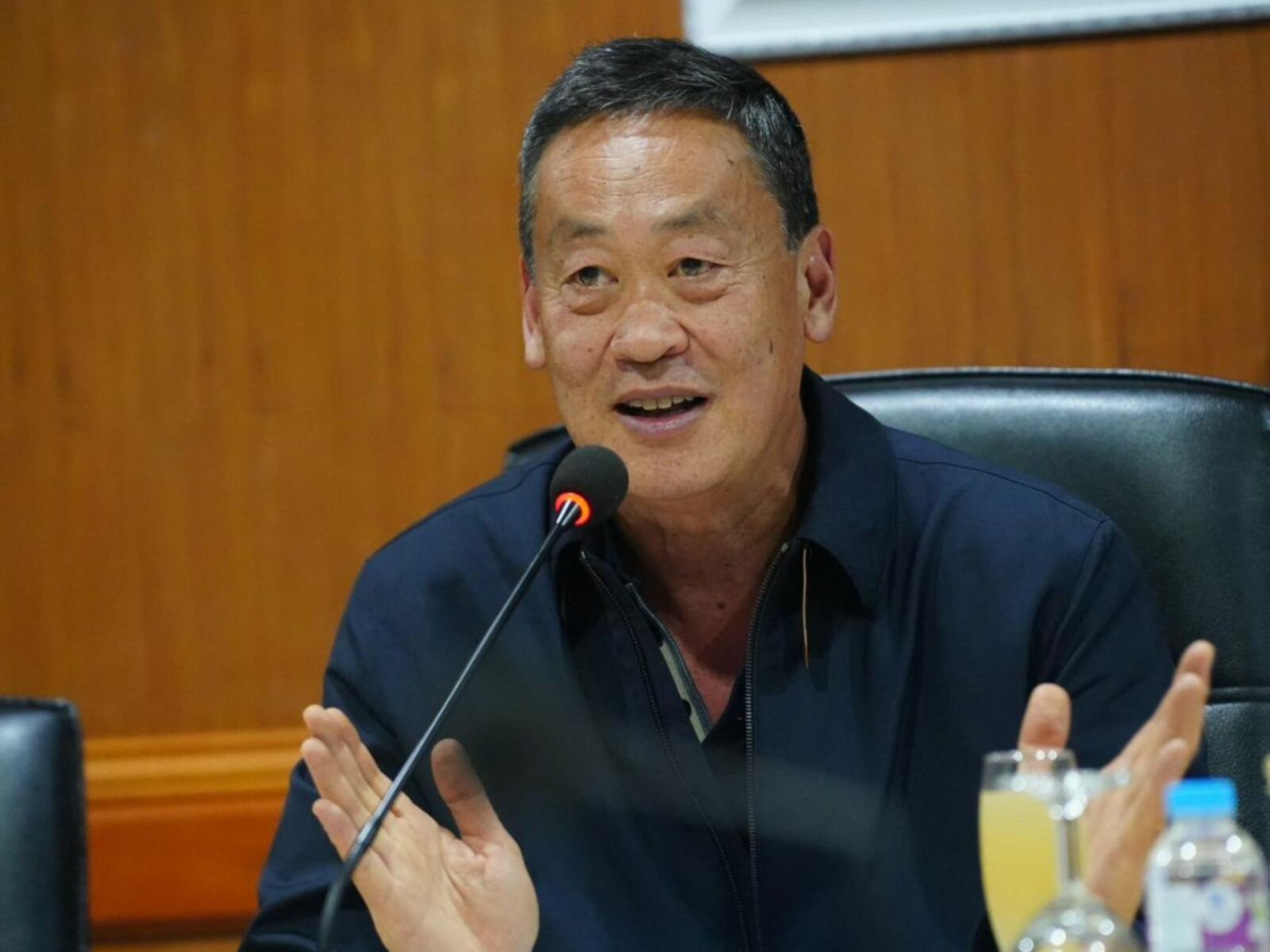Low Chinese tourist influx despite Thailand’s visa exemption policy

Prime Minister Srettha Thavisin unveiled an update on the nation’s tourism landscape following the introduction of a visa exemption policy, at a media briefing held at noon on November 25. Despite the waiver of visa fees, the daily influx of Chinese tourists has been unexpectedly low, averaging around ten thousand visitors.
This surprising figure sparked questions from Thai journalists regarding the potential misuse of the visa-free policy by foreigners seeking illegal employment in Thailand. They also raised concerns about possible security threats from foreign criminals entering the country. In response, PM Srettha assured that immigration officers and other relevant officials would take legal action against any individuals found guilty, regardless of their visa status.
In addition, the journalists quizzed the 61 year old Thai prime minister on the influence of fake news on the decline of Chinese tourists. Social media has been rife with reports of Chinese tourists being kidnapped and forced into call centre operations.
PM Srettha admitted that such misinformation could indeed deter some Chinese visitors, but it is only one of many contributing factors.
He explained that the Chinese government’s push for domestic tourism and other economic crises, including the cost of transportation, have also played a significant role in the reduced number of Chinese tourists, reported The Pattaya News.
Despite these challenges, the Thai government remains hopeful that the visa exemption policy will encourage longer stays in the country. The Bangkok-born Thai PM expressed a desire for tourists to explore not only the popular destinations such as Bangkok, Phuket, Pattaya, and Chiang Mai, but also the country’s secondary cities.
In related news, a historic moment in Sino-Thai trade relations as the first Chinese freight train embarks on a journey to Thailand. The collaborative effort between China and Thai private sectors signals a strengthening economic partnership.
The train, laden with goods, signifies the thriving commerce between the nations. This marks the beginning of a reciprocal trade relationship, with Thailand planning to send agricultural products to China and European countries. A symbol of enhanced cooperation, the freight train journey holds promises for a prosperous future. To read more, click HERE.
Latest Thailand News
Follow The Thaiger on Google News:


























